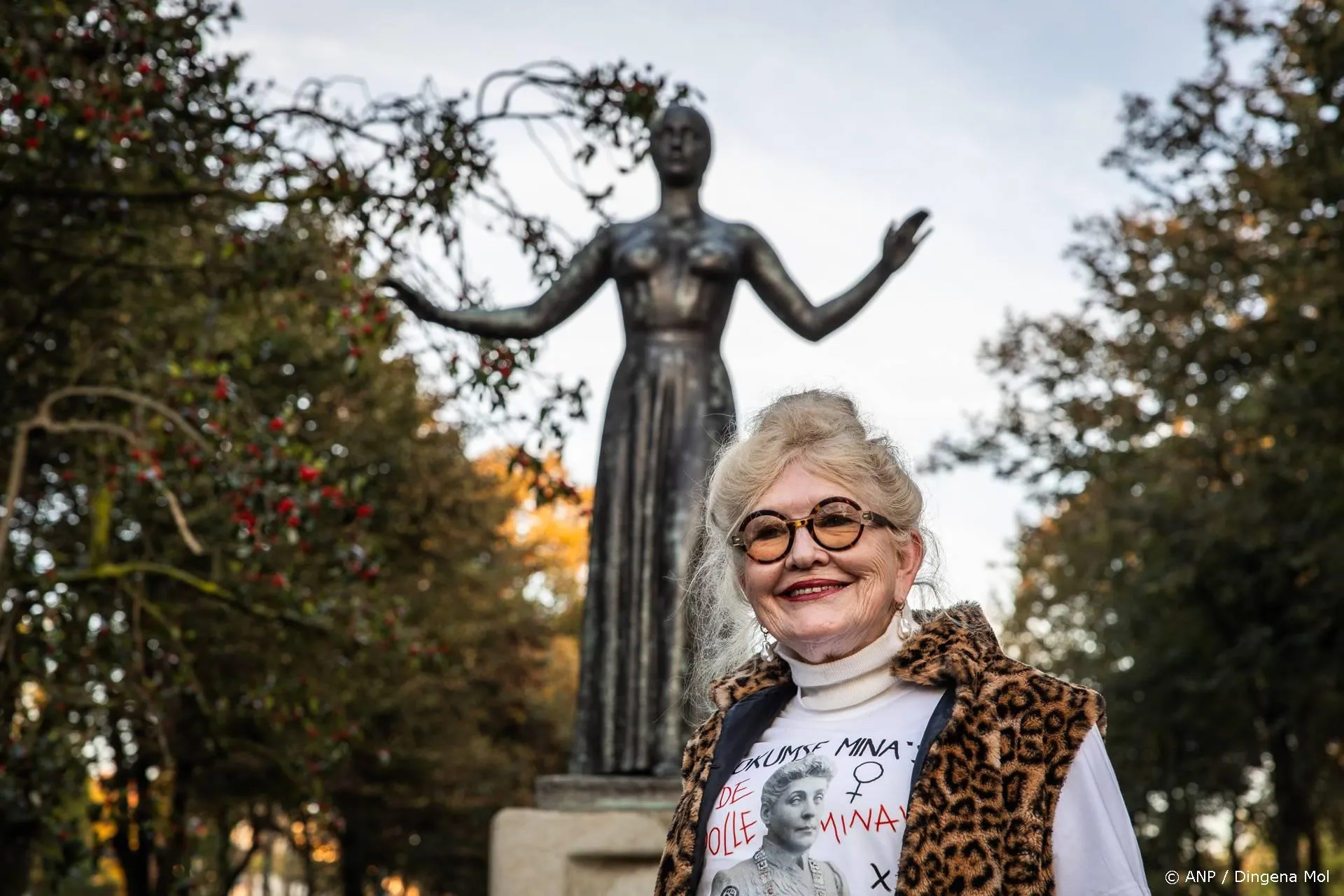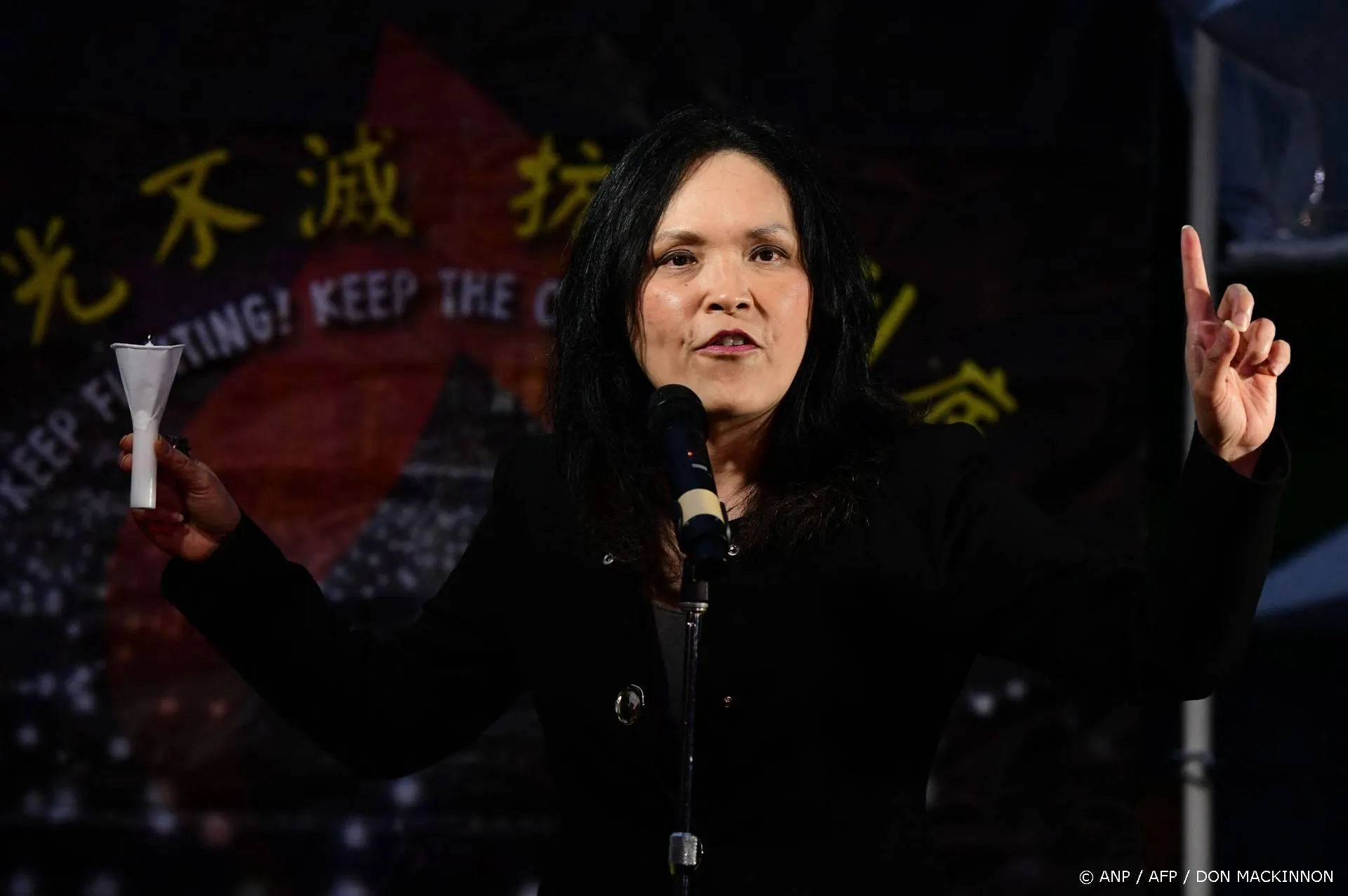Troebele transparantie van VN-klimaatpanel
Zoals mijn trouwe lezers zich misschien nog zullen herinneren, heeft een werkgroep van de InterAcademy Councel (voordeurdeler van de KNAW in Amsterdam) een rapport geschreven over de werkwijze van het VN-Klimaatpanel (IPCC) naar aanleiding van de diverse fouten die in het laatste IPCC-rapport aan het licht waren gekomen. Van Nederlandse kant was Louise Fresco lid van deze werkgroep. Bij de presentatie van het IAC-rapport verklaarde de voorzitter van de werkgroep, Harold T. Shapiro (em. professor aan de universiteit van Princeton):
Operating under the public microscope the way IPCC does requires strong leadership, the continued and enthusiastic participation of distinguished scientists, an ability to adapt, and a commitment to openness if the value of these assessments to society is to be maintained.
In het rapport wordt verder opgemerkt:
IPCCs slow and inadequate response to revelations of errors in the last assessment, as well as complaints that its leaders have gone beyond IPCCs mandate to be policy relevant, not policy prescriptive in their public comments, have made communications a critical issue. The IAC report recommends that IPCC complete and implement a communications strategy now in development. The strategy should emphasize transparency and include a plan for rapid but thoughtful response to crises.
Lees verder hier.
Maar het IPCC is helemaal niet happig op transparantie en doet er alles aan om die zo veel mogelijk te beperken. Kennelijk wil men voorkomen dat kritische wetenschappers inzage krijgen in het gekonkel dat achter de schermen plaatsvindt, zoals dat uit Climategate I en II is gebleken. Daartoe streven zij naar een ontheffing van de verplichtingen die voortvloeien uit de nationale wetgeving inzake 'Freedom of Information' (FOI).
De Nederlandse milieueconoom, Richard Tol, die actief bij het IPCC-proces is betrokken, heeft daar onlangs een boekje over opengedaan.
...the IPCC member states have ruled on freedom of information legislation. Specifically, it has been decided that FoI does not apply to IPCC material. This is false. FoI is national legislation. These laws can only be interpreted by the relevant courts. These laws can only be changed by the relevant parliaments. The civil servants that speak on behalf of their countries have no right to usurp FoI legislation, and the IPCC has no say in this matter.
Lees verder hier.
Ook Christopher Horner, verbonden aan het Competitive Enterprise Institute (CEI), heeft uitvoerig geschreven over pogingen van het IPCC om transparantie te beperken, en nog wel met medewerking van de Amerikaanse overheid.
CEI has learned of a UN plan recently put in place to hide official correspondence on non-governmental accounts, which correspondence a federal inspector general has already confirmed are subject to FOIA. This cloud serves as a dead-drop of sorts for discussions by U.S. government employees over the next report being produced by the scandal-plagued IPCC, which is funded with millions of U.S. taxpayer dollars. Although this is seedy and unlawful at any time, it also goes in the bad timing file. Or its good timing, depending on ones perspective.
Just as a brand new book further exposes the UNs Intergovernmental Panel on Climate Change (IPCC) (which scam I dissected here, and in more disturbing detail here), and on the heels of the weekend surprise of a 2005 memo showing President Obamas cooling/warming/population zealot of a science czar John Holdren is the kind of guy Mitt Romney turns to to develop his environmental policies, weve exposed the Obama administration and IPCC have cooperated to subvert U.S. transparency laws, run domestically out of Holdrens White House office.
With this mornings Freedom of Information Act request, the explaining they have to do must begin by providing the taxpayer certain records regarding including but not limited to user name and password for a backchannel cloud established to hide IPCC deliberations from FOIA.
Lees verder hier.
Al eerder rapporteerde ik over de wijze waarop de voorzitter van het IPCC, Rajendra Pachauri, en diens vice-voorzitter, Jean-Pascal van Ypersele, omgaan met de critici van het AGW-dogma (AGW = Anthropogenic Global Warming). Kortom, het IPCC is van plan de aanbevelingen van van de InterAcademy Council aan zijn laars te lappen.
Ik ben ervan overtuigd dat de overgrote meerderheid van de wetenschappers die aan het IPCC zijn verbonden integer is. In hun plaats zou ik mij zeer ongemakkelijk voelen om lid te zijn van een club die zich stelselmatig schuldig maakt aan wetenschappelijk wangedrag.
En ik zie vooralsnog geen tekenen die erop wijzen dat het nog goed komt met het IPCC.
Ga verder met lezen
Dit vind je misschien ook leuk
Laat mensen jouw mening weten
Lees ook
Loading


